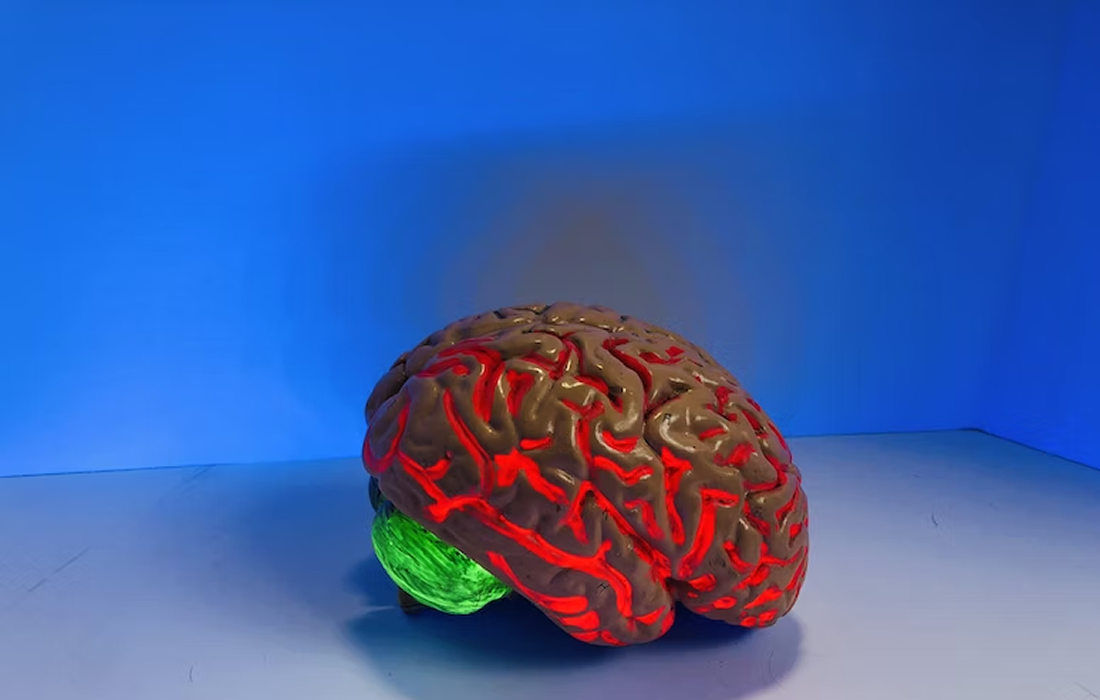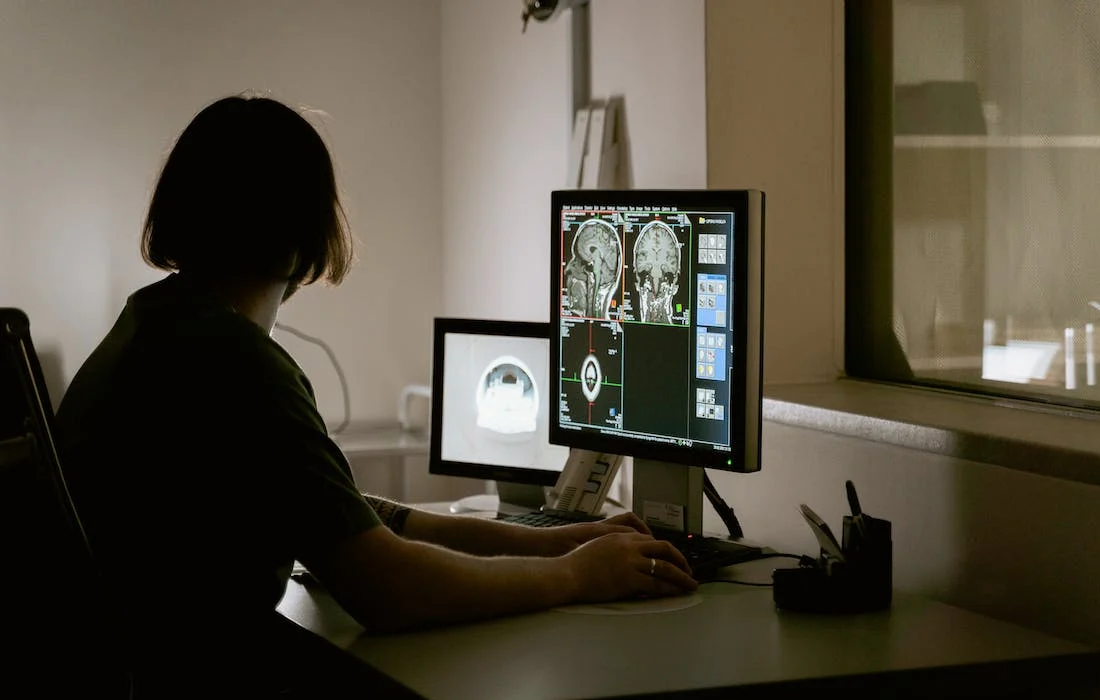Inflammatory bowel disease, or IBD, describes Crohn’s disease and ulcerative colitis, two chronic diseases that cause inflammation in the intestines. IBD, which affects about 3 million adults in the United States, is an autoimmune disorder — a condition in which the body’s immune system attacks healthy tissues. Its symptoms include diarrhea, rectal bleeding, fatigue, weight […]
Author Archives: Karely Vega, MD
Scientists have created balls of cells that resemble embryos and trigger signs of early pregnancy in macaques. The stem-cell-derived blastoids could help researchers understand human embryo development without the ethical dilemmas of using real embryonic cells, according to a study published today in Cell Stem Cell. “The work highlights the amazing potential of stem-cell- based […]
While new drugs to treat Alzheimer’s disease tend to receive the most public attention, many well-researched ways to care for people with dementia don’t involve medication. A new evaluation compared the cost-effectiveness of four non-drug interventions to the usual care received by people with dementia and found that the interventions not only resulted in a […]
Analyzing changes to DNA in the blood can improve the ability to predict a person’s risk of developing type 2 diabetes within a decade. Scientists looked at the influence of these changes — known as DNA methylation — alongside other risk factors in almost 15,000 people to predict the likelihood of developing the condition years […]
Each year about 1.5 million people in the U.S. survive a traumatic brain injury due to a fall, car accident, or a sports injury, which can cause immediate and long-term disability. University of Maryland School of Medicine (UMSOM) researchers wanted to better understand what happens in the brain during injury, so they conducted a study […]
A recent study, published in Neuropsychopharmacology, conducted by researchers from the University of Helsinki and the University of Eastern Finland, sheds light on the mechanisms of neural plasticity induced by the antidepressant fluoxetine. Previous research by the same team showed that chronic treatment with antidepressants increased neural plasticity through direct binding to neurotrophic receptor TrkB, […]
Researchers at Boston University, USA report that the flow of cerebrospinal fluid in the brain is linked to waking brain activity. Led by Stephanie Williams, and publishing in the open access journal PLOS Biology on March 30th, the study demonstrates that manipulating blood flow in the brain with visual stimulation induces complementary fluid flow. The […]
Acetylcholine regulates blood flow, but the source of blood acetylcholine has been unclear. Now, researchers at Karolinska Institutet have discovered that certain T cells in human blood can produce acetylcholine, which may help regulate blood pressure and inflammation. The study, which is published in PNAS, also demonstrates a possible association between these immune cells in […]
A common amino acid, glycine, can deliver a “slow-down” signal to the brain, likely contributing to major depression, anxiety and other mood disorders in some people, scientists at the Wertheim UF Scripps Institute for Biomedical Innovation & Technology have found. The discovery, outlined on March 31 in the journal Science, improves understanding of the biological […]
More than 55 million people globallyTrusted Source have dementia — an umbrella term for a number of diseases causing memory loss and cognitive decline. While scientists are still not sure what causes dementia, they know certain conditions may impact whether a person develops dementia or not. One of these is high blood pressure. Previous research […]










